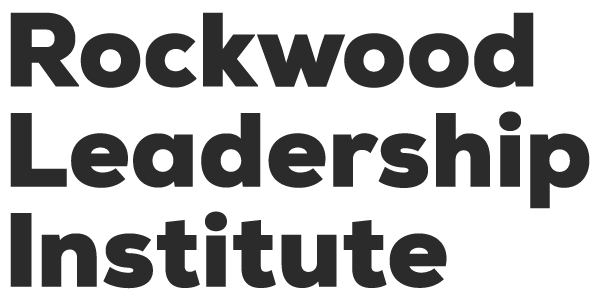
Lesbian, Gay, Bisexual and Transgender (LGBT) rights are often defined as consisting of a handful of issues, marriage equality the foremost among them. But as important as the right to marry the people we love is, LGBT equality is about far more than that. LGBT Americans reflect the full diversity of this country, and the issues that shape their lives are far more broad – issues of race, gender, class, and poverty. Immigration is an issue that crosses all of these boundaries. And for that reason, it must rise to the forefront of the LGBT movement’s agenda.
We are often asked: What makes immigration an LGBT issue? In response, we offer three reasons.
First of all, a great many immigrants are themselves LGBT – one of us included. We hold that the test of any social movement is how well it takes care of its most vulnerable. And surely immigrants fall into that category. Take the countless bi-national couples who are threatened with forced separation, solely because the discriminatory Defense of Marriage act denies same-sex partners the right to sponsor each other for citizenship. Take Esmeralda, a transgender Mexican woman who suffered horrific abuse for her gender identity while in immigration detention. Take Juan Rodriguez, a young immigrant and permanent resident who has no viable path to citizenship for his undocumented husband and fellow LGBT and immigration activist, Felipe.
Secondly, winning the support of immigrants is vital to advancing LGBT equality. To be blunt, America is not getting any whiter. It will not be much longer before the United States becomes a majority-minority country. Passing progressive legislation in currently red states like Arizona and Texas will not be possible without a large and growing Latino vote. For that to happen, the LGBT and immigrant communities must unite out of common interest.
The third reason: it’s simply the right thing to do. The LGBT movement is founded on the notion that everyone should be free to live their lives openly as who they are, without concealing an important part of themselves in secrecy and shame. But this is exactly how many undocumented immigrants are forced to live: in hiding, spending every day fearful that they will be discovered, sent into detention, and separated from their families, possibly forever.
Consider the story of Creating Change 2013 speaker Jose Antonio Vargas, a young, brilliant journalist and writer who came to the United States from the Philippines as a young child, and only discovered his status as undocumented when he turned 16 and applied for a driver’s license. Jose publicly “came out” as an undocumented immigrant in a New York Times magazine cover story.
Jose is fortunate. He made a decision that is not available to many other undocumented immigrants, who are at far greater risk of deportation if their legal status is exposed. But in a perfect example of the role that has long been and continues to be played by LGBT people in the immigration rights movement, and how each has learned from the strategies of the other, Jose has founded Define American, a project that helps undocumented immigrants and allies tell their own stories in order to reshape our national conversation around immigration.
Jose’s story is just one of many examples of the collaboration between LGBT and immigration activists. The Task Force and many other LGBT organizations have long been forceful voices in advocating for a more just and humane immigration policy, and thus in recognizing that the LGBT movement cannot live up to its own ideals if it neglects the many Americans, both LGBT and straight, who are forced into a different sort of closet. At the same time, immigrant rights and Latino leaders have forged a bond with LGBT activists, with many becoming strong allies of LGBT equality.
In the end, we owe it to ourselves to recognize that our movements’ goals are not those of separate demographics; they are one and the same. We owe it to those who came before us, and those who will come after us, to demand a a path to citizenship for the 11 million undocumented people who live and work in our communities. That is our common cause: united as one, we will fight for the freedom to be who we are, to love who we want, however we came to this country.
Rea Carey is the executive director of the National Gay and Lesbian Task Force, the oldest national organization working to secure equal rights for lesbian, gay, bisexual and transgender (LGBT) people. Prior to coming to the Task Force, she was a co-founder of Gay Men and Lesbians Opposing Violence and founding executive director of the National Youth Advocacy Coalition. In 1999, The Advocate named Carey one of its “Best and Brightest” for individual contributions to the LGBT rights movement. She earned her master’s degree in public administration from Harvard University’s Kennedy School of Government. Find her on Twitter: @Rea_Carey.
Deepak Bhargava is Executive Director of the Center for Community Change, a national nonprofit organization whose mission is to develop the power and capacity of low-income people, especially low-income people of color, to change the policies and institutions that affect their lives. Prior to his appointment as Executive Director of the Center in 2002, Mr. Bhargava served as the Center’s Director of Public Policy. He also directed the National Campaign for Jobs and Income Support, a coalition of grassroots groups established in 2000 to give low-income people a voice in the reauthorization of the federal welfare law and other areas critical to poor people. Follow Deepak Bhargava on Twitter: www.twitter.com/changenation.
Reprinted with permission from the authors. The original article was published in the Huffington Post.
